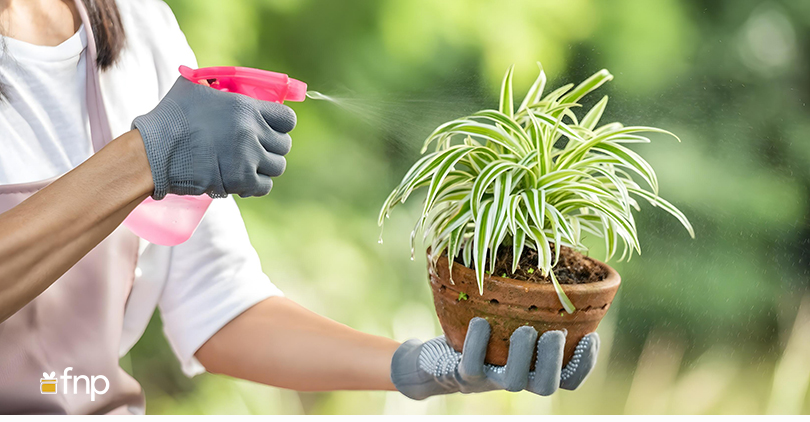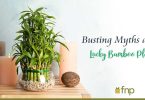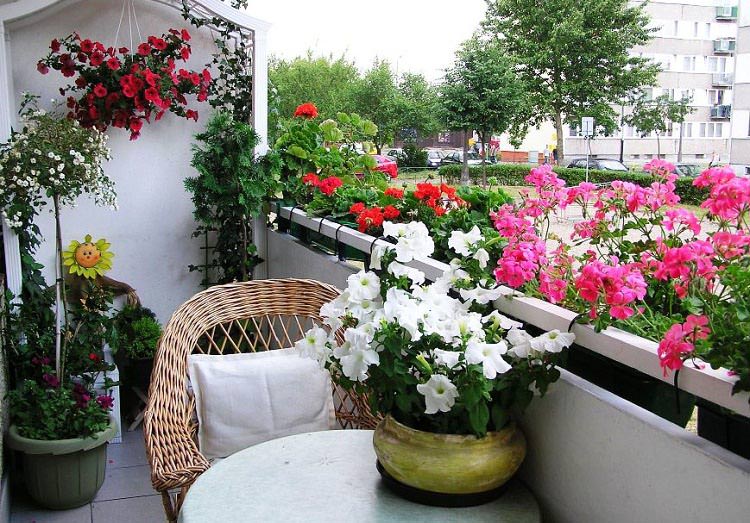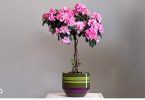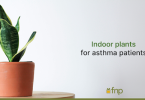Houseplants bring a touch of greenery and tranquillity to our living spaces. However, just like outdoor plants, indoor plants can also fall victim to pests. These tiny invaders can damage the plants, slow their growth, and even cause them to wither away. Understanding how to protect your houseplants from pests and learning simple home remedies can save your plants from unwanted damage and keep them thriving.
Common Houseplant Pests
The first step in protecting your houseplants from pests is to identify the culprits. Some of the most common pests on indoor plants include:

Source: Pixabay
- Aphids: These tiny green, white, or black insects feed on plant sap, leading to curled or yellowing leaves.
- Spider Mites: These minuscule pests suck out the plant’s nutrients, causing the leaves to develop a speckled or dusty appearance.
- Mealybugs: Recognizable by their cotton-like clusters, mealybugs can stunt plant growth and lead to yellowing leaves.
- Fungus Gnats: While their larvae can damage roots, the adult gnats often hover around the soil and look like small flies.
Identifying the type of pest on plants is essential, as it allows you to choose the right method of control.
How to Protect Plants from Insects
Once you’ve identified the pest problem, you can begin addressing it. One of the best preventive measures is maintaining a clean and healthy environment for your plants. Here’s how to protect plants from insects:
- Inspect New Plants: Before bringing a new plant into your home, inspect it thoroughly. Many pests can hitch a ride into your home on new plants, spreading to your existing ones.
- Clean Leaves Regularly: Dusting the leaves of your houseplants can prevent pests like spider mites. Use a damp cloth or spray the leaves with water to clean them every few weeks.
- Proper Watering: Overwatering creates the perfect environment for pests like fungus gnats. Always let the top inch of soil dry out between waterings to avoid attracting pests.
- Good Air Circulation: Pests thrive in stagnant, humid environments. Ensure your plants are placed in areas with good air circulation to prevent pest infestations.
Home Remedies for Plants Insects
Chemical pesticides can harm both your plants and the environment. Fortunately, several effective home remedies for plants insects are safe to use indoors. Here are a few natural solutions to protect your houseplants:

Source: Pixabay
- Neem Oil: Neem oil is a natural pesticide that disrupts the life cycle of pests like aphids and spider mites. Mix a few drops with water and spray it on the affected areas of the plant every few days until the pests are gone.
- Soap and Water: A simple mixture of water and dish soap can effectively kill soft-bodied insects like aphids and mealybugs. Spray the solution on the leaves and stems, ensuring you cover all the pests.
- Garlic Spray: Garlic has natural insect-repelling properties. Boil a few crushed garlic cloves in water, strain the mixture, and spray it on your plants to deter pests.
- Cinnamon Powder: Fungus gnats thrive in moist soil. Sprinkling cinnamon on the top layer of soil can help eliminate their larvae.
Preventing Pests in Indoor Plants

Source: Pixabay
Preventing pests from attacking your indoor plants starts with maintaining their health. Healthy plants are more resilient to infestations and less likely to succumb to pests. Here are a few tips to keep your houseplants pest-free:
- Use Sterile Potting Soil: Always use fresh, sterile soil when repotting plants to prevent introducing pests that may be lurking in old soil.
- Quarantine New Plants: When you send plants online or bring new plants home, keep them separate from your existing plants for a couple of weeks to ensure they’re not harbouring pests.
- Prune Damaged Leaves: Regularly prune any damaged or dead leaves. Pests are often attracted to weak or decaying parts of the plant.
- Monitor Humidity Levels: Many pests thrive in high humidity, so keep an eye on the humidity levels in your home. A room that is too damp may invite unwanted insects to settle on your plants.
Houseplants bring beauty and calm into our homes, and protecting them from pests is essential for keeping them healthy. By maintaining proper plant care habits, using natural home remedies, and ensuring good air circulation, you can significantly reduce the risk of a pest infestation. Whether you’re growing a small succulent or a larger indoor tree, these tips will help your plants flourish. So, in case you ever send plants online as gifts to loved ones, share this blog with them and help their indoor plants thrive, pest-free!

